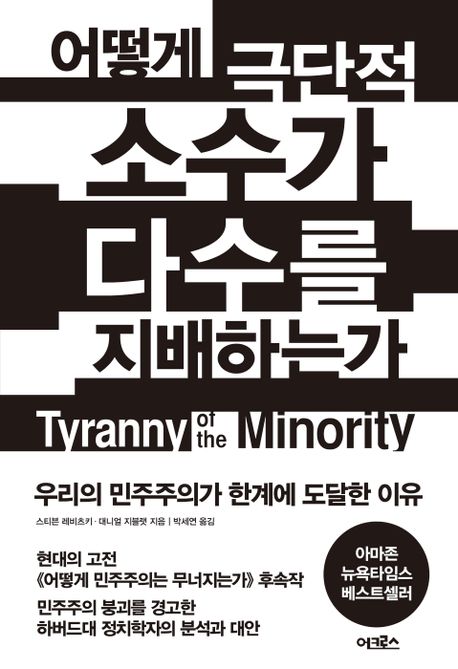
(The) resurgence of the Latin American left
- 발행사항
- Baltimore : Johns Hopkins University Press, 2011
- 형태사항
- xiii, 480 p. : ill. ; 24 cm
- ISBN
- 9781421401102
- 청구기호
- 340.95 L666r
- 서지주기
- Includes bibliographical references (p. [429]-459) and index
소장정보
| 위치 | 등록번호 | 청구기호 / 출력 | 상태 | 반납예정일 |
|---|---|---|---|---|
이용 가능 (1) | ||||
| 1자료실 | 00014052 | 대출가능 | - | |
- 등록번호
- 00014052
- 상태/반납예정일
- 대출가능
- -
- 위치/청구기호(출력)
- 1자료실
책 소개
Latin America experienced an unprecedented wave of left-leaning governments between 1998 and 2010. This volume examines the causes of this leftward turn and the consequences it carries for the region in the twenty-first century.
The Resurgence of the Latin American Left asks three central questions: Why have left-wing parties and candidates flourished in Latin America? How have these leftist parties governed, particularly in terms of social and economic policy? What effects has the rise of the Left had on democracy and development in the region? The book addresses these questions through two sections. The first looks at several major themes regarding the contemporary Latin American Left, including whether Latin American public opinion actually shifted leftward in the 2000s, why the Left won in some countries but not in others, and how the left turn has affected market economies, social welfare, popular participation in politics, and citizenship rights. The second section examines social and economic policy and regime trajectories in eight cases: those of leftist governments in Argentina, Bolivia, Brazil, Chile, Ecuador, Uruguay, and Venezuela, as well as that of a historically populist party that governed on the right in Peru.
Featuring a new typology of Left parties in Latin America, an original framework for identifying and categorizing variation among these governments, and contributions from prominent and influential scholars of Latin American politics, this historical-institutional approach to understanding the region’s left turn?and variation within it?is the most comprehensive explanation to date on the topic.
목차
List of Tables and Figures
Preface
Abbreviations
Introduction. Latin America's "Left Turn": A Framework for Analysis
Part I: Thematic Issues
Chapter 1. Evidence from Public Opinion
Chapter 2. Economic Constraints and Presidential Agency
Chapter 3. The Left: Destroyer or Savior of the Market Model?
Chapter 4. The Political Left, the Export Boom, and the Populist Temptation
Chapter 5. Social Policy and Redistribution: Chile and Uruguay
Chapter 6. The Diversity of Left Party Linkages and Competitive Advantages
Chapter 7. The Left and Participatory Democracy: Brazil, Uruguay, and Venezuela
Chapter 8. The Left and Citizenship Rights
Part II: Case Analyses
Chapter 9. Venezuela: Hugo Chavez and the Populist Left
Chapter 10. Bolivia: Origins and Policies of the Movimiento al Socialismo
Chapter 11. Ecuador: Rafael Correa and the Citizens' Revolution
Chapter 12. Argentina: Left Populism in Comparative Perspective, 2003?2009
Chapter 13. Brazil: The PT in Power
Chapter 14. Chile: The Left after Neoliberalism
Chapter 15. Uruguay: A Social Democratic Government in Latin America
Chapter 16. Peru: The Left Turn That Wasn't
Conclusion. Democracy, Development, and the Left
References
Contributors
Index








